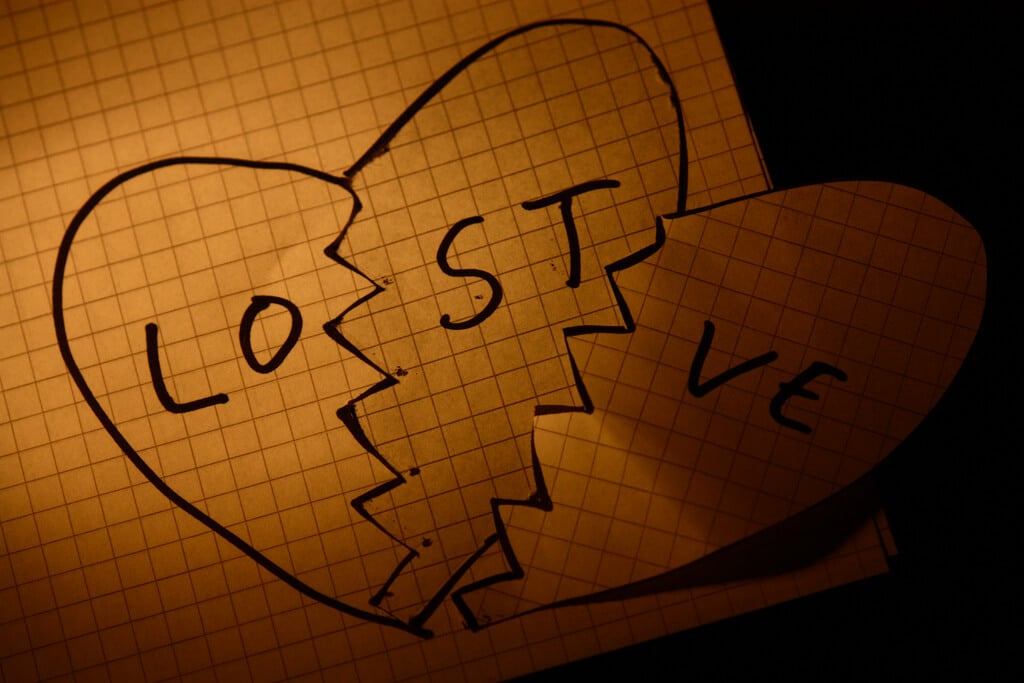Abuse is a pattern of behavior that is used by one person to maintain power and also to gain control over another person. These behaviours can take on take different forms.
A lot of people quickly think of physical violence whenever they hear the word abuse. Although physical force and violence are one means of power and control, it is not the only way to abuse people.
Types of Abuses
Below are five different types of abuses treated below
1. Physical Abuse
This is the type of abuse a lot of people think of whenever they hear the word “abuse”.
This type of abuse includes kicking, physically restraining someone against their will, hitting, cutting, bruises, burns, strangling, punching, black eyes, slapping, reckless driving, invading someone, etc.
This type of abuse basically makes someone feel unsafe physically.
2. Verbal or Emotional Abuse
This is the type of abuse in which words and body language are used to hurt someone rather than physical objects. These words are designed to control, disgrace, manipulate, humiliate and subject you to their will.
This type of abuse comes in the form of regular insults, criticism, intimidating, belittling, expressing disapproval to demands, etc.
Many victims of this type of abuse become convinced that they have no worth or value and stay with their abusers because they believe that no one would want them.
Signs of emotional abuses include the following;
- Threats: The abuser may threaten to expose the victim in an embarrassing way or take away something important from you for example children, certificates, money, etc. Sometimes the abuser might threaten to leave you if things don’t go their way or tell your friends and family something personal about you, which is damaging to your image, and not only do they threatening you, they are implying that there is something wrong with you that you should feel ashamed of.
- Narcissistic Abuse: This type of abuse is when one person uses other people as supply to feed his/her ego. A narcissist has a very high self-esteem, and is very arrogant, self-centered, manipulative, deceptive and demanding.
- Lack of Respect and Privacy: This is mostly done in a relationship, your partner may check your messages or text messages and social media accounts either by hacking into them or directly insisting you give them the passwords to your phone and social media accounts.
- Withholding Affection and Holding Grudge: The abuser might decide to withdraw or withhold the affection he/she has for his/her partner if it’s a relationship to intentionally punish the other person and make them feel less important.
- Playing the Blame Game: The abuser uses the power to control the victim to often notice the profound effects of their own behavior which they are not likely to ever be willing to take responsibility for and cast the blame on the victim.
- Isolation: The abuser may forbid the victim from seeing friend and/or family, shopping, and going for other personal matters or even forbid you from letting in friend and/or family.
3. Sexual Abuse
This is a type of abuse that consists of sexual acts that is forced on someone by another person. It can occur between people of any age, but this type of abuse mostly affects children. Sexual abuse can sometimes include physical abuse and emotional abuse.
Sexual abuses include the following acts, non-consensual penetration of the vagina, mouth, and anus, touching any part of the body whether clothed or unclothed, encouraging sexual acts between two or more children and engaging in sexual acts in front of a child.
Most victims of sexual abuse usually fall into depression, and some might even attempt suicide.
Signs of sexual abuses include;
- A sudden change in behavior.
- Changes in the grades and quality of school activities.
- The fear of being alone with other people or being touched by others.
- Sudden shock or expression of fear at certain places or when they come across certain people.
- Excessive and persistent sex play with friends, pets, toys, and even self.
- Unusual body developments and changes especially in children.
- Frequently drawing sexual content.
- Eating less or more than usual.
- Physical pains in the genital areas.
- Bedwetting, irregular bleeding, or discharge from the private part.
- Severe stomach aches.
- Feeling depressed, frequent crying, and low self-esteem.
- Extreme anger.
4. Psychological or Mental Abuse
This is the type of abuse in which one person controls the information that are available to another person in order to manipulate a person’s sense of reality (what is acceptable and what is not).
Mental abuse contains a strong emotionally manipulative intent that is designed to force the victim to comply with the abuser’s wishes or demand. In most cases, psychological abuse is not recognized early, and this can cause other serious mental problems later on.
Signs of Psychological Abuses;
- Sarcasm: These are ironic words designed to hurt, taunt, cut or cause pain to someone. They are just a dig in disguise. And when the abuser uses such words and you object, they claim they’re just teasing you and tell you to stop taking things so seriously.
- Blaming and Denial: This behavior mostly comes from an abuser’s insecurities, and they tend to create a hierarchy in which they will be at the top, and you are at the bottom. The abuser will deny that an argument or an agreement took place and say that you are the cause their rage and control issues by being such a pain. Whatever goes wrong in their life is your fault because you are not supportive enough or didn’t do enough.
- Gaslighting: It is a tactic that is meant to make you question your own memory and sanity by manipulating situations and events that can make you confused. The abuser can change the victims perceptive of things by making him/her believe that what he/she saw, heard, said wasn’t real.
- Codependence: A codependent abuser only needs you just as much to boost their own self-esteem. These types of abusers are very manipulative and have a vicious circle of unhealthy behavior. Its victims frequently seek out their approval to do anything be it personal or for the abuser, make a lot of sacrifices to please them even if it’s not reciprocated, defend the abuser when others are pointing out what’s happening, feel guilty when they stand up for themselves and think they deserve that kind of treatment.
5. Financial or Economic Abuse
Since abuse is all about gaining power and control, an abuser can use any means to ensure that he maintains control and this often includes finances.
Financial abuses may consist of; controlling someone else’s budget and not letting the person have access to his/her own bank accounts, spending all the money in the survivor’s bank accounts, not allowing the person to have a job and money on their own, etc. This type of abuse often happens in relationships.
Are you in any way been abused? Be it mentally, emotionally, financially, sexually or physically? Then you should stand up for yourself or report to the necessary authorities. Enjoy the article, please do well to share and leave a comment.









